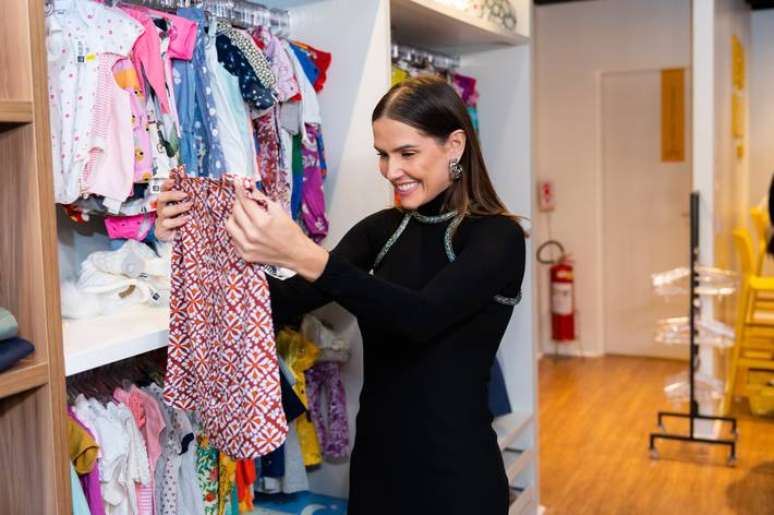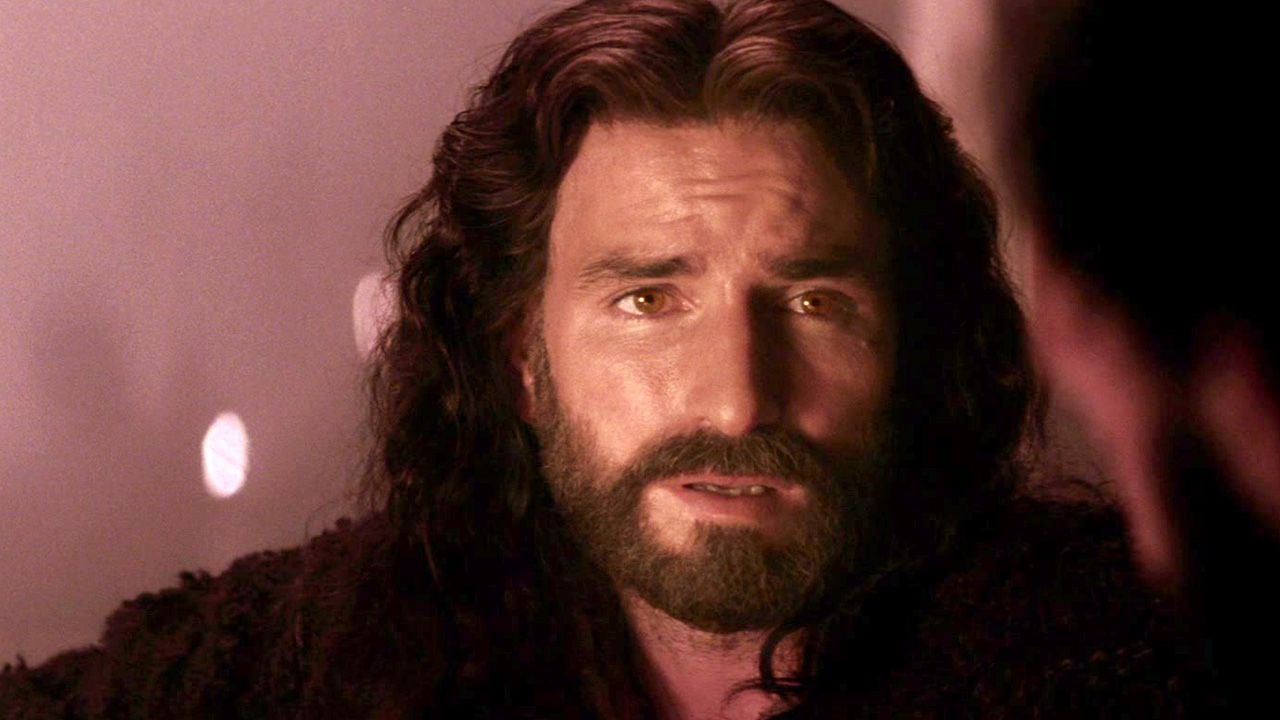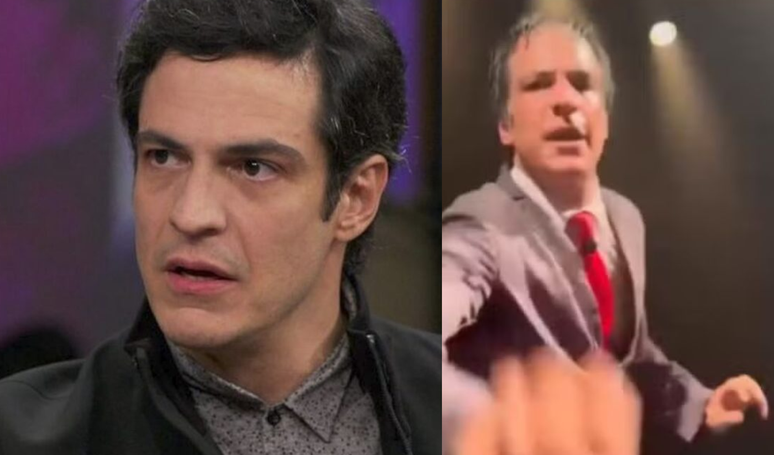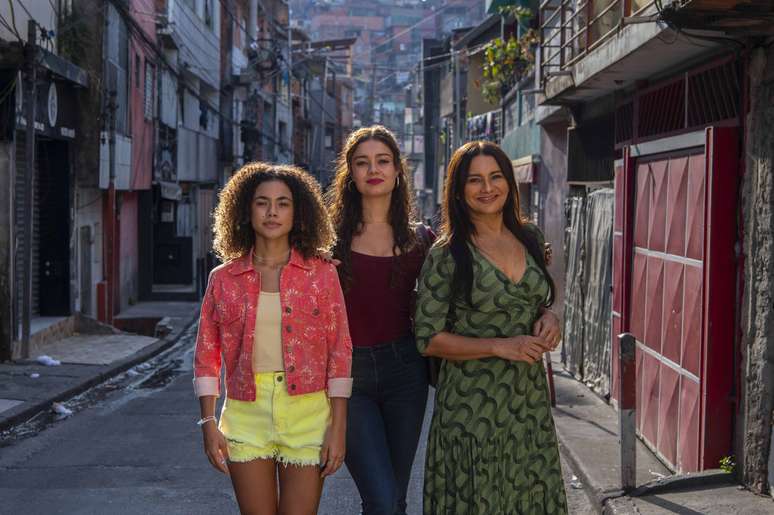Businessman José Semenzato joins at least 50 franchise partners and earns R$3.3 billion
It was as a boy, at the age of 12, that he began riding his bicycle through the streets of Lins, in the interior of São Paulo, selling coxinhas prepared by his mother. With the money he paid for a computer course, which earned him his first job at the age of 15. And, at 23, he had already founded a computer school.
At the other end of this story, Jose Carlos Semenzato sold this company when it already controlled 750 schools attended by 500 thousand students in 500 cities across the country, and it was SMZTO Holding of Franchising Sectoral, which today is one of the largest industry groups in the country, sells brands and representations of other companies – franchising. In 2020, SMZTO recorded revenue of R$3.3 billion.
And what is the secret? Looking for. “By buying a franchise, instead of opening a business, the investor reduces the risk of business failure by over 50%”, summarizes the manager, for whom “franchising is now a mature sector all over the world” . “In Brazil it grows by 25% a year and has brands like O Boticário, Bobs.” In this interview with Estadao, Semenzato explains his project: “Our focus is Brazil. I want to buy around eight companies in the next 5 years, which means we will reach a total of 10 thousand franchises.” Below are some excerpts from the conversation.
You have invested in the franchising industry and have grown a lot. What’s the secret?
Franchising is a mature industry around the world, especially in the USA and India. In Brazil it has expanded over the last 30 years. It has spawned successes such as the O Boticário and Bobs brands and is going through a process of consolidation. But there are good and bad operators. Franchisor with whom they collaborate government and ethics, providing good support to affiliates, actually sell good know-how.
Why would you recommend someone to open a franchise?
I can confidently say that by purchasing a franchise, you reduce the risk of business failure by more than 50%. Practical example: I will invest R$500,000 to open my own bakery. The risks are different: choosing the wrong point, purchasing inadequate equipment, the possibility of error and closing in the first year are high. But if you choose to open a franchise you reduce this risk. I usually offer a 75% success guarantee, the remaining 25% depends on the affiliate’s commitment and effort in the store.
And who doesn’t work?
Yes, there are those who have a business that is still in the experimental phase and are already trying to grant franchising licenses. If you’re franchising something that’s untested, you’re replicating something that could go wrong.
And what are the tricks for franchising to be successful?
First, choose a brand that already has between 20 and 30 franchises with at least two years in business. It means that this brand has already gone through mistakes and adjustments, it already has a certain maturity. It’s also a good idea to reach out to other affiliates to get a full x-ray of the business. I analyze the scope of that business, its growth potential. And it is worth evaluating the liquidity, to know if I will be able to sell to third parties.
Don’t you come as a franchise controller?
No, I join as a minority shareholder with important veto rights in strategic decisions. Today I have about 50 members. I respect them and am respected by them. My litigation level is zero. I typically take care of the financial side or appoint a CFO for the company. These are strategies I don’t need to control.
Can you tell us about the values at stake in these purchases?
From R $ 50,000, you have microfranchising. The Brazilian Franchising Association has a large microfranchising portfolio with investments of less than R$90 thousand. Beyond that, we already call them franchises. The investments in my portfolio range from R$90 thousand to R$1.5 million. A restaurant can reach this value.
What is the tax issue for affiliates?
If you earn up to R$4.8 million, you are in the Simples Nacional range. The tax and labor cost chains are simplified. This is great, because in this way Simples helps a lot to generate new jobs. But if you go beyond this revenue range, the company starts operating on a deemed or real basis, and then comes a huge tax burden to pay.
Do you plan to expand the business to other countries?
Our focus is Brazil. I want to buy seven to eight companies in the next five years, which is to say that by then our participation will reach 10,000 franchises.
What were the last deals you closed?
Three years ago we bought a stake in Oral Sin, a company specializing in implants. At the time there were around one hundred clinics; today there are 500 in operation in Brazil. It has grown 20 times in this period in terms of revenue. Our latest acquisition was in the facial matching business, Royal Face. There were 250 clinics, already a big business. The goal is to reach 700 clinics in four years.
How is your involvement with the Exg?
We are very concerned about environmental issues. With Peça Rara, a second-hand shop, we have put more than 3 million second-hand clothes and accessories back on the market. An absurd saving on the environment. Another, Oakberry Açaí, is transforming the lives of residents along the Amazon rivers. We encourage and approve of these cooperatives and these people understand that the living forest is worth more than if it is cut down. With HCC – Energia Solar, which is one of our investments, we generate energy to supply a city of 200 thousand inhabitants. It is equivalent to removing 25 thousand tons of CO2 per year. Every year production grows and doubles.
Source: Terra
Rose James is a Gossipify movie and series reviewer known for her in-depth analysis and unique perspective on the latest releases. With a background in film studies, she provides engaging and informative reviews, and keeps readers up to date with industry trends and emerging talents.







